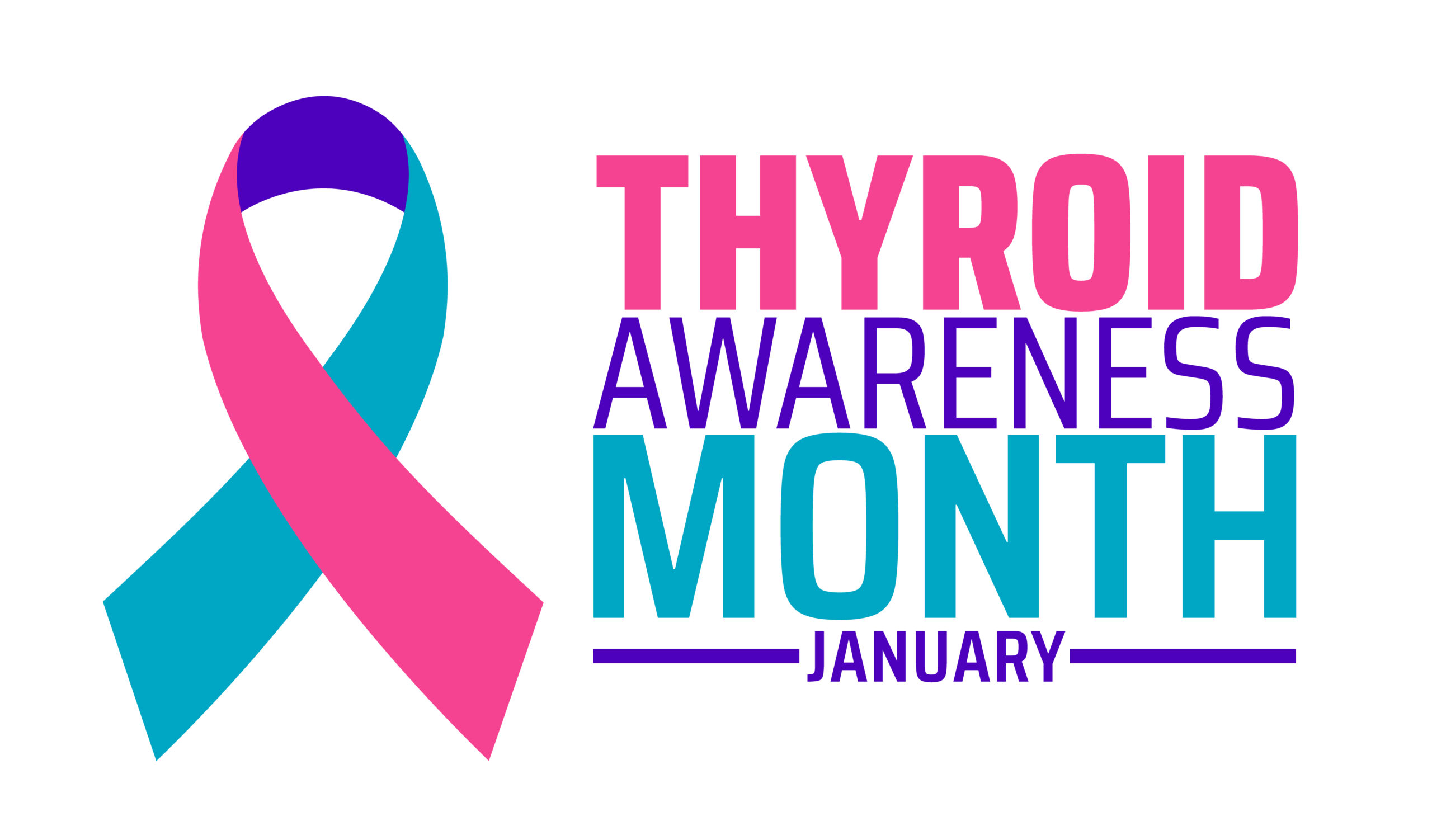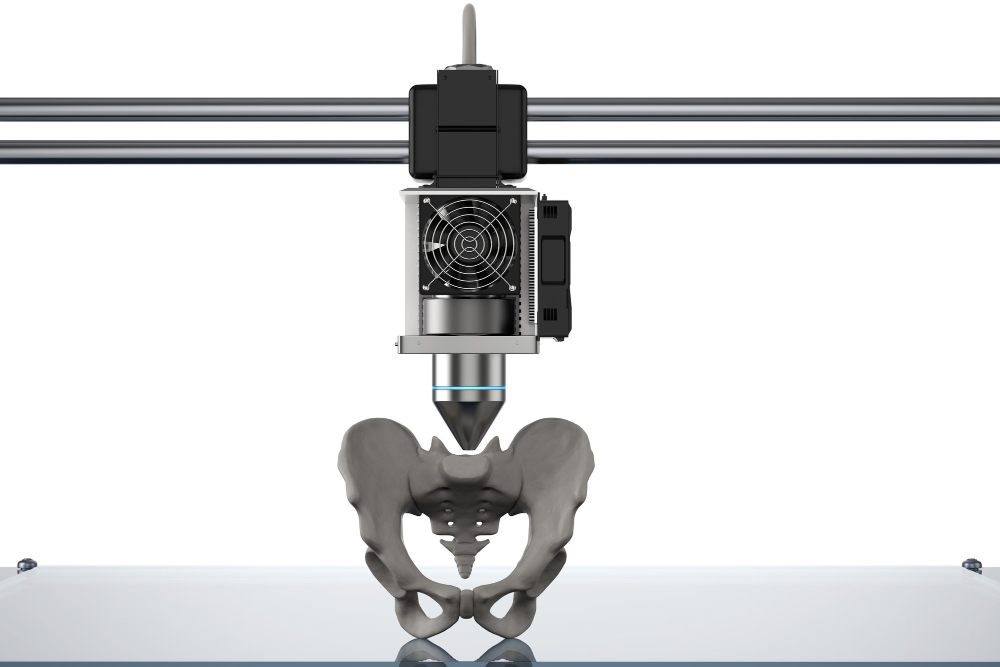The Rise of Functional Medicine: Root-Cause Healthcare for Chronic Conditions
The number of functional medicine (FM) practitioners in the U.S. has seen a dramatic rise, climbing from approximately 5,000 in 2010 to around 40,000 by 2020. Industry projections indicate continued growth in both employment opportunities and comp…
Why Nurses Are Switching to Nursing Informatics in 2025 [Real Stories]
Nursing informatics continues to experience unprecedented growth, with 70,000 new positions expected to emerge soon. The healthcare industry depends more on data now, which creates opportunities across all nursing sectors. Today, 96 percent of U.S…
Lowering Lipids During American Heart Month
Master Clinician Series: Free Monthly Webinars
On the first Friday of every month, at 12:00 p.m. ET, Skin, Bones, Hearts & Private Parts offers FREE, 30-minute live Zoom webinars on timely topics and common healthcare challenges, presented by som…
Healthcare Influencers: What All Providers Should Know
The $20 billion projected digital ad spend in healthcare for 2024 shows a radical alteration in patient communication methods. Healthcare influencer marketing has become crucial, since one-third of U.S. consumers ask for health information on soci…
Shared Governance in Nursing: Revolutionizing Healthcare Delivery
Miami Valley Hospital saw a remarkable 40% increase in nurse engagement scores. Their average engagement scores jumped from 2.75 to 4.36 on a 5.00 scale after they put a new governance structure in place.
Shared governance in healthcare lets nurs…
HIPAA Security Rule Changes 2025: What Your Healthcare Practice Must Know Now
Healthcare data breaches have exploded over the last five years. The number of affected people rose by a staggering 1002% between 2018 and 2023. More than 167 million people faced the consequences in 2023 alone. This crisis has pushed the HIPAA Se…
Why Nursing Policy Issues Matter More Than Ever in 2025
The United States has over three million registered nurses, and their role in healthcare policy has never been more significant. Healthcare delivery nationwide would revolutionize if just 10% of these nurses participated in policy making.
The A…
GLP-1 Thyroid Cancer Risk: What New Research Reveals for Physicians
New research shows that GLP-1 receptor agonists (GLP-1RAs) are linked to a increased risk of thyroid carcinomas. The hazard ratio stands at 1.58 (95% CI: 1.27-1.95) after 1-3 years of use. On top of that, these medications raise the risk of medull…
How Advanced Care Providers Can Turn Research into Better Patient Outcomes [2025 Guide]
The United States faces a critical physician shortage of up to 86,000 doctors by 2036, creating an unprecedented challenge in healthcare delivery. In fact, with 20% of clinical physicians already over 65 and another 22% approaching retirement age,…
Medical 3D Printing Explained: From CT Scan to Custom Implants
Medical 3D printing has changed from a niche technology into a healthcare revolution. The global market is expected to reach $6.08 billion by 2027. Only three hospitals had in-house 3D printing facilities in 2010. This number jumped to 113 facilit…


![Why Nurses Are Switching to Nursing Informatics in 2025 [Real Stories]](https://blog.healthjobsnationwide.com/wp-content/uploads/2025/02/5f9eb8d4-edfb-4608-85a7-bce597fbf3ee-1024x585.png)






![How Advanced Care Providers Can Turn Research into Better Patient Outcomes [2025 Guide]](https://blog.healthjobsnationwide.com/wp-content/uploads/2025/01/picture1.jpg)
